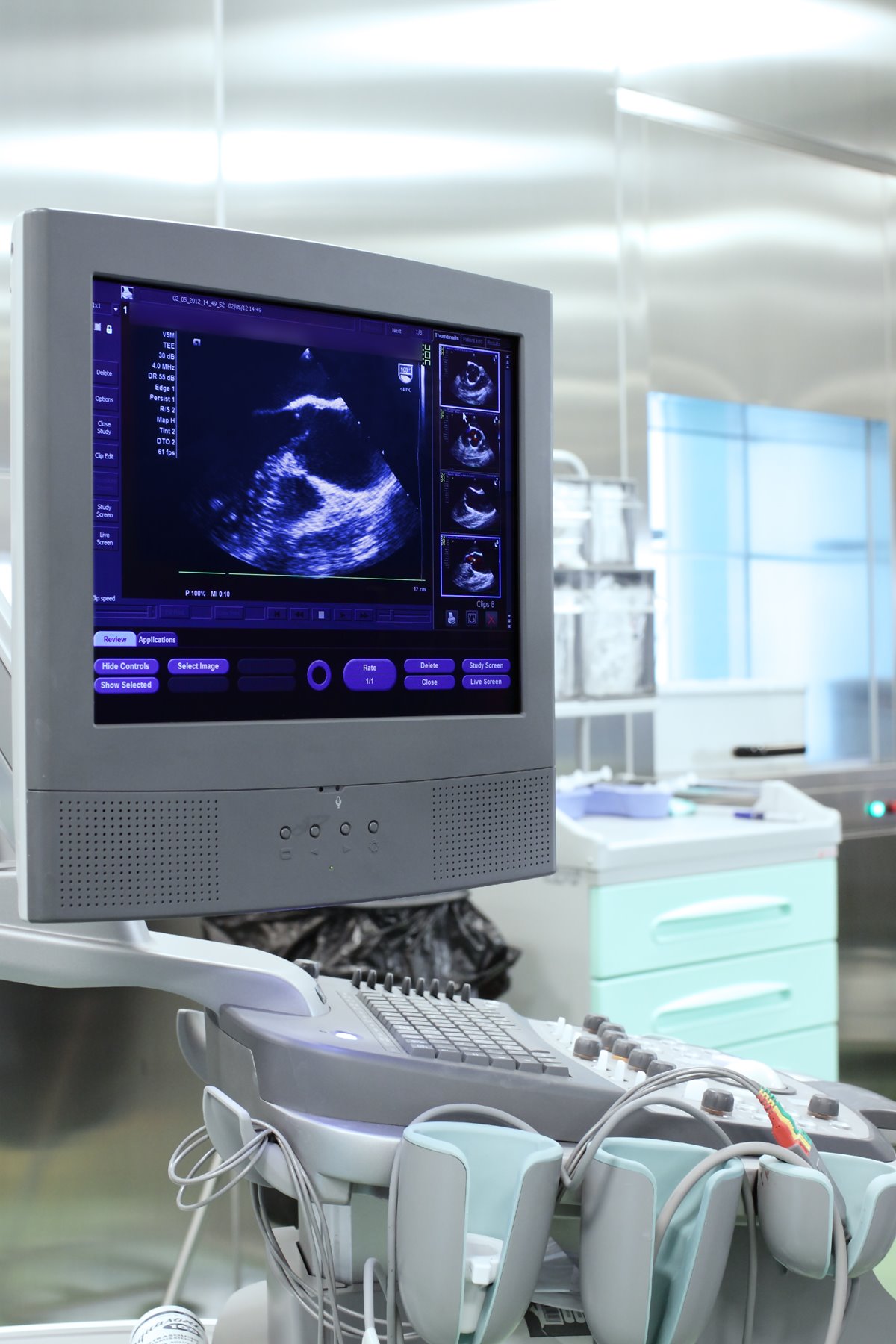The world of ultrasound in the UK is in a state of flux and many may say confusion, with challenges and changes ahead.
The well reported shortage of sonographers has led to several initiatives over the last few years, all led by the desire to protect this essential service, maintain its excellent reputation and the reputation of the fantastic sonographers this country produces.
The desire to support our profession is what encouraged the University of Cumbria to introduce the UK’s first dedicated Direct Entry Postgraduate Ultrasound MSc Programme in 2016. Aimed at non healthcare professionals, this intensive two year MSc programme has opened up the door to a new range of applicants, many of whom have no imaging experience and, in some cases, no healthcare background. As expected, this was met with a mixed response in the ultrasound community, but we gained the support of five progressive clinical departments who agreed to act as placement sites for our students.
Following a careful selection process, we accepted our first five students on to the course and with the support of the clinical ultrasound departments, they qualified in 2018. They have all since gained employment in the NHS.
None were eligible to be HCPC registered and none stayed at their placement site following qualification. Although this could be seen as disappointing for the training site, it is reassuring that they are part of the sonography workforce in the north west.
Since then we have welcomed three further cohorts and each year the number has risen, reaching nine students on the 2019 intake. The second cohort of six students qualified in 2019 and all are employed by the NHS, with only one student not remaining at their placement site. Out of these graduates, two were eligible for HCPC registration because of their initial radiography degree.
Our third cohort of eight students is due to qualify in March 2020. We continue to receive a wide range of applicants and our selection process remains robust and thorough. We also involve our clinical partners in the selection process because this adds to the effectiveness.
There is a constant need for additional training in the field of medical ultrasound, but currently the rate of sonographer training is barely keeping up with wastage. We believe that direct entry postgraduate ultrasound education produces competent ultrasound practitioners. Our programme has proven itself to be a valid educational route. It has presented challenges but we have learnt from these and made the programme more resilient and future proof.
Our clinical partners have played a major role in the programme' development from the start and we are delighted that we have managed to increase our pool of placements sites, but we still need more. To date, all students that have started the programme have successfully completed, with no one leaving the course either by choice or because they failed the course. We are immensely proud of this and of our dedicated and hardworking students.
The success of this programme has relied on the dedication and commitment of the academic team, the forward thinking placement hospitals who saw the potential of this new route and came on this journey with us and, of course, the committed, high calibre students who have risen to the challenges of mastering this skill in an intensive training period.
Maybe it is time for more clinical departments to accept that change is necessary and support these new initiatives and the challenges these may present. The overall feeling from our placement sites is one of positivity, as this comment from one of our clinical partners highlights: "I have found the experience to be very positive. All the participants’ trusts and the university have worked collaboratively to form a course that is fit for purpose."
At the end of the day we all want to produce good sonographers, but maybe we should worry less about the route by which they enter the workforce and more about the type of sonographer they become, as well as their dedication and love of the profession.
The following comment came from one of our first graduates, who is now working in a busy NHS trust, alongside radiographer colleagues: "I absolutely love it. I think every day when you go into work if you come home and you still like it, it’s good."
If we can produce sonographers who feel like this then I am sure our profession will be in good hands, regardless of how they trained.
